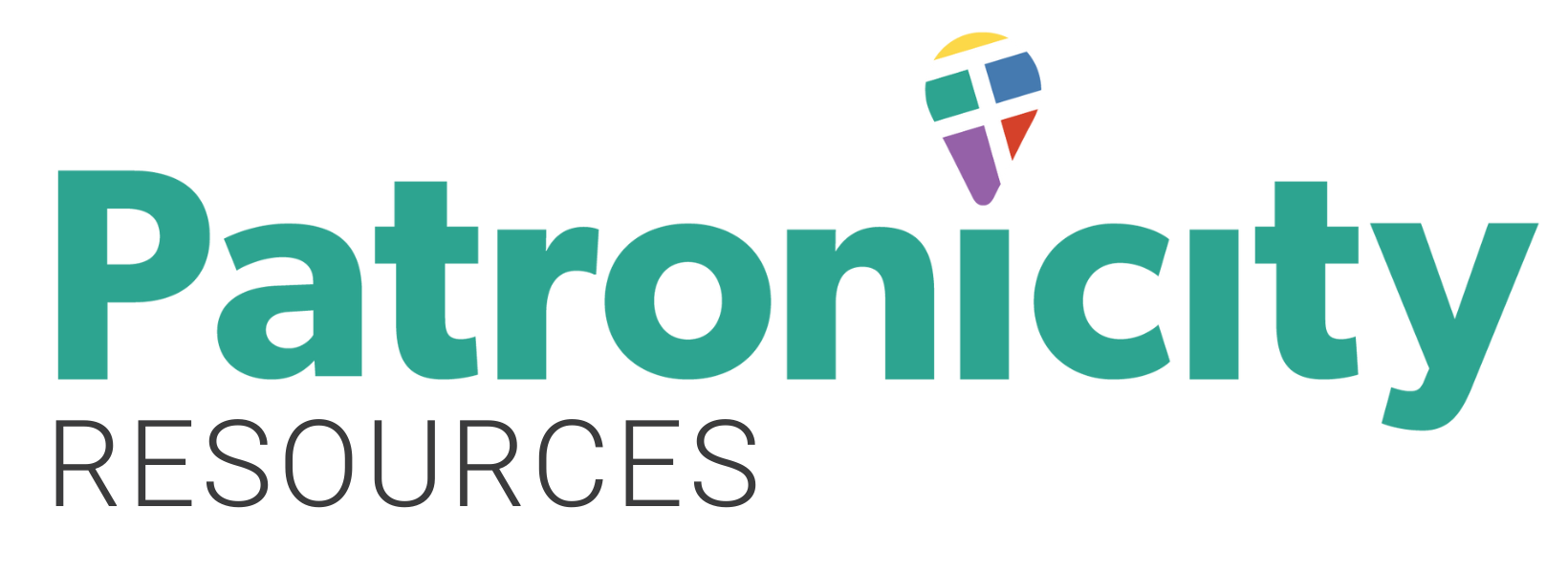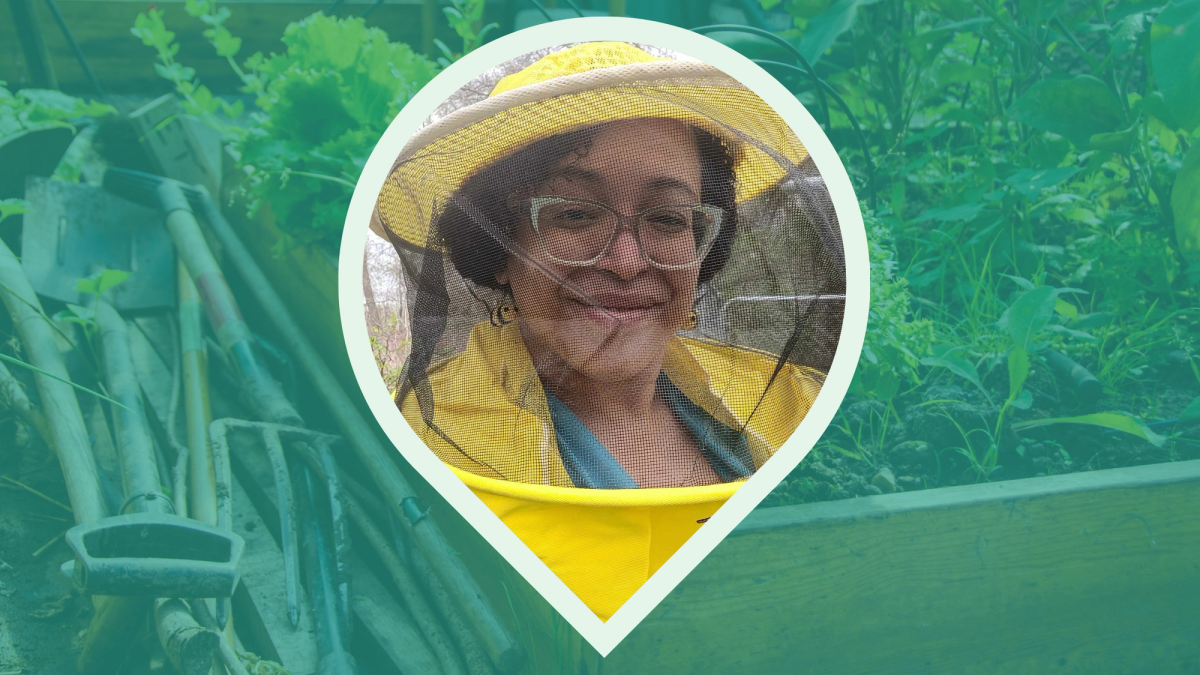
Patron in the City: Diana Martinez
At Patronicity, we believe that passionate individuals can spur change in their communities. We recently spoke with Diana Martinez to learn more about her passion for her Middletown community and how she serves as a Patron in the City.
In June 2023, Diana Martinez, Project Manager at Cultivating Justice, launched the crowdfunding campaign EggUcation Series: Cultivating BIPOC Farmers to help 15 BIPOC (Black, Indigenous, and People of Color), women, and low-income people become Connecticut farmers.
Cultivating Justice is a youth-led organization meeting community-identified needs around food security, land access, environmental justice, civic engagement, power building, and pathways toward agriculture for people underrepresented in Connecticut's farming community. Their goal is to nurture Connecticut's next generation of farmers of color.
Along with partners at Wesleyan University, Chicks Ahoy, Dee's Crafty Bees, and Lovie's Farm, Cultivating Justice crafted a curriculum to train new farmers, covering different types of agriculture work, composting, farm registration, and more. The crowdfunding campaign was launched to cover program administration and course expenses.
The campaign raised $6,400 from 85 patrons. By reaching their crowdfunding goal, the project unlocked a 1:1.5 matching grant from Sustainable CT’s Community Match Fund for a total of $15,400 to make the project a reality.
Cultivating Justice is building pathways to agriculture, promoting healthy environments, increasing the number of women and BIPOC farmers in Connecticut, and growing local agri-business by combining sustainable agriculture with civic engagement to increase social capital and community learning in local neighborhoods. Whether teaching young folks methods of social change, hosting community teaching workshops for gardening, herbalism, and fishing, or offering a chicken-keeping learning series for families–their goal is to connect BIPOC with each other, farming, and nature.
At Patronicity, we believe that passionate individuals can spur change in their communities. We refer to those individuals as Patrons in the City, dedicating their time, sweat, and tears to building vibrant communities. We recently spoke with Diana to learn more about her passion for climate justice and how she serves as a Patron in the City.
Patronicity: What is your role in the community?
Diana: I am Latina, and I live In Middletown, Connecticut. I'm a resident and the parent of a public school student. I advocate for community access and youth leadership. As an organizer, my role is to create opportunities for my Middletown people to succeed at improving our community. I am a beekeeper and business owner, and probably ten other things. Nobody has one role in any community.
In my position as the Project Manager for Cultivating Justice and Associate Director at Wesleyan’s Jewett Center for Community Partnerships, I use education, arts and crafts to nurture young people’s passion and interest in sustainability and community leadership.
Patronicity: Why do you love where you live?
Diana: Middletown is in many ways a microcosm of America. We’re a diverse community, both geographically and demographically. In Middletown, we have a vibrant downtown, a beautiful riverfront, and acres of farmland.
About 30% of Middletown adult residents and about 50% of our youth are BILPOC (Black, Indigenous, Latino(e), People of Color). Our town is not immune to the consequences of America’s failed social safety net, but I have found networks of committed neighbors, business owners, educators, and other people who are dedicated to a more just Middletown. The thing I love the most about my City is that I can be in community and in action with those networks.
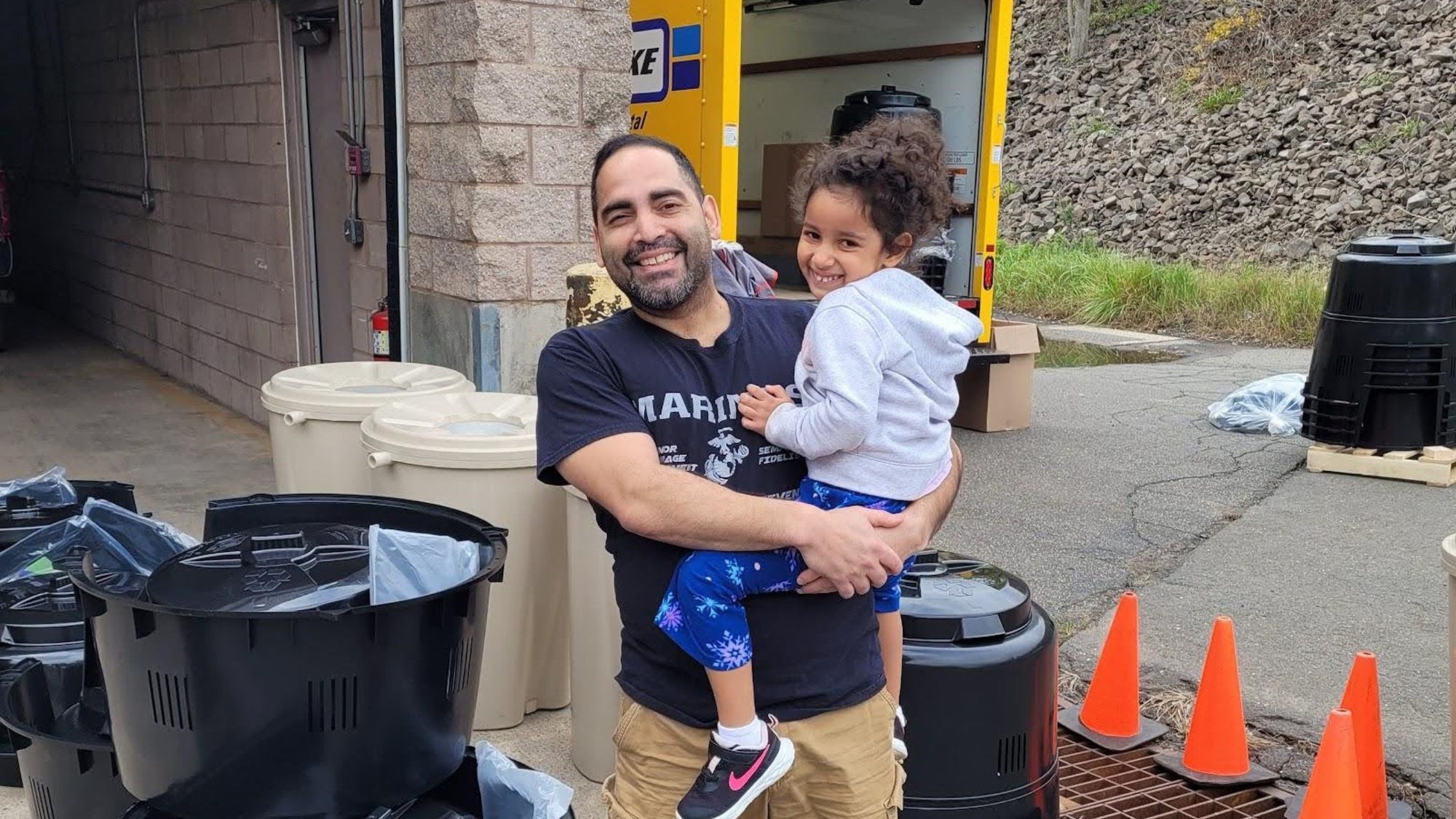
Patronicity: Tell us about your community and why your project is so important to your community.
Diana: Our Patronicity campaign focused on the creation of a public, free learning series EggUcation. EggUcation includes workshops for the public about farming and community organizing. Our “How to Become a Farmer in CT” is one of our most popular sessions.
Through this series, we were able to engage 15 individuals and their families in a deeper understanding of farming history in America–particularly as it relates to the historical lack of access for people of color; support them through registering with the State of CT to become farmers; and help them develop a composting project to better familiarize themselves with the development of healthy soil.
This is particularly important to my community because in Connecticut, 98% of all farmers are white. This means that the people who are most directly involved in growing and processing our food do not represent me or the majority of people in my community. This program is how we both illuminate why this disparity exists, how it is perpetuated systematically, and how we can begin to shift that dynamic. We are creating pathways to farming for folks who are currently not represented nor supported in the field.
Patronicity: What inspired you to get involved or build this project?
Diana: Through my work at Wesleyan, I engaged in a series of one-on-ones with justice educators, organizers, agitators, leaders, allies, and folks detrimentally impacted by systemic oppression. A common thread through all of those conversations was the importance of access to healthy, affordable food sources to the development of healthy communities.
Many people expressed a lost or distant family history of farming, a relationship with a skilled local grower, a desire for growing knowledge and access to space, and confusion, fear, or lack of confidence in beginning a farming project. In education, we have shifted from the language of “achievement gap” to language of “opportunity gap”. It’s not that we are not skilled or capable, it’s that the odds are stacked against us. Recognizing this opportunity gap in farming is what inspired me to help build out this project.
Being a USDA recognized farmer is the only way to gain access to the Agricultural Census which helps inform the Food and Farm Bill. This bill is responsible for funding not just farmer subsidies, but all SNAP funding, school lunch funding, and food-related public health initiatives.
Lack of representation in farming means that not only are BILPOC absent from an essential industry, we also get no say in decisions made about food systems that impact us all. If we can build up confidence in youth and BILPOC, if we can demystify the process and requirements for becoming farmers, if we can connect the local need for healthy food to our political and legislative systems, and if we can support folks with some of the tools and skills they need, then we have a shot at real representation in farming.
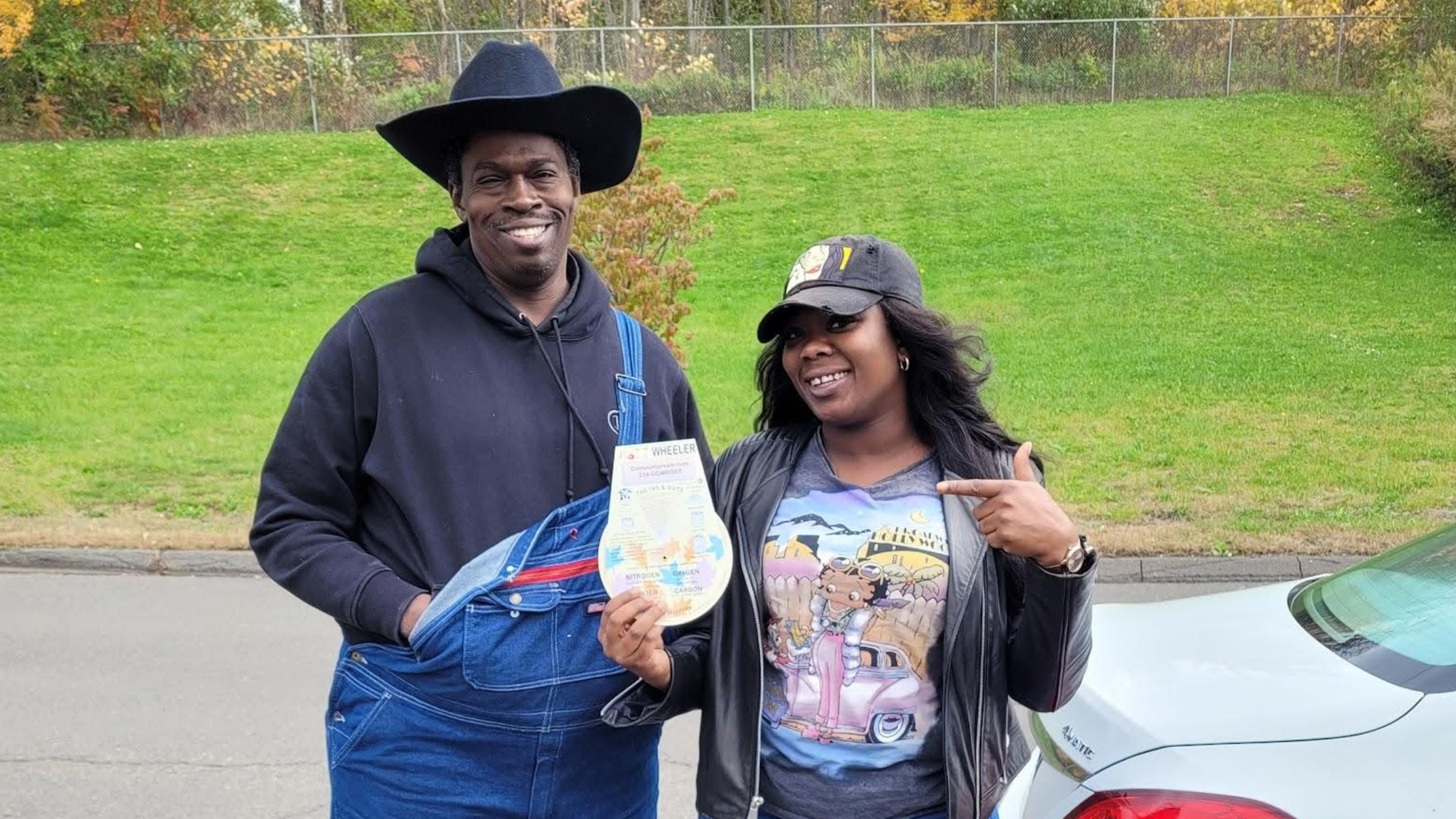
Patronicity: How has the community responded to the project and your efforts to build a vibrant community?
Diana: Middletown community resident responses to our work have ranged from skepticism to monthly participation in our meetings and events. Wesleyan faculty and students have created new courses and student-led programming that bridge Wesleyan and Middletown neighborhoods.
In my position at Wesleyan, I work to identify gaps between the University's intellectual capital and community-based programming. Cultivating Justice responded to community-identified interests by launching new farming and public education projects not only in Middletown but across the state. This past February 2023, we held a statewide convening, “Growing Power,” that brought more than 200 people to Middletown for a day of farming workshops and organizing training.
Patronicity: If someone wanted to become more involved in their community, what advice would you give them?
Diana: The best advice I can give someone who wants to become more involved in their community is to talk to their neighbors. I did this by practicing the organizing tool for one-on-one conversations.
Through one-on-one conversations, I was able to engage the people most directly impacted by the failures of the social safety net in my community. Then, I was able to get familiar with the interests, needs, concerns, and efforts of the people around me, and work with them to organize towards an end to those issues.
I would direct people to meet their neighbors and build collective decision-making around the issues they have prioritized.
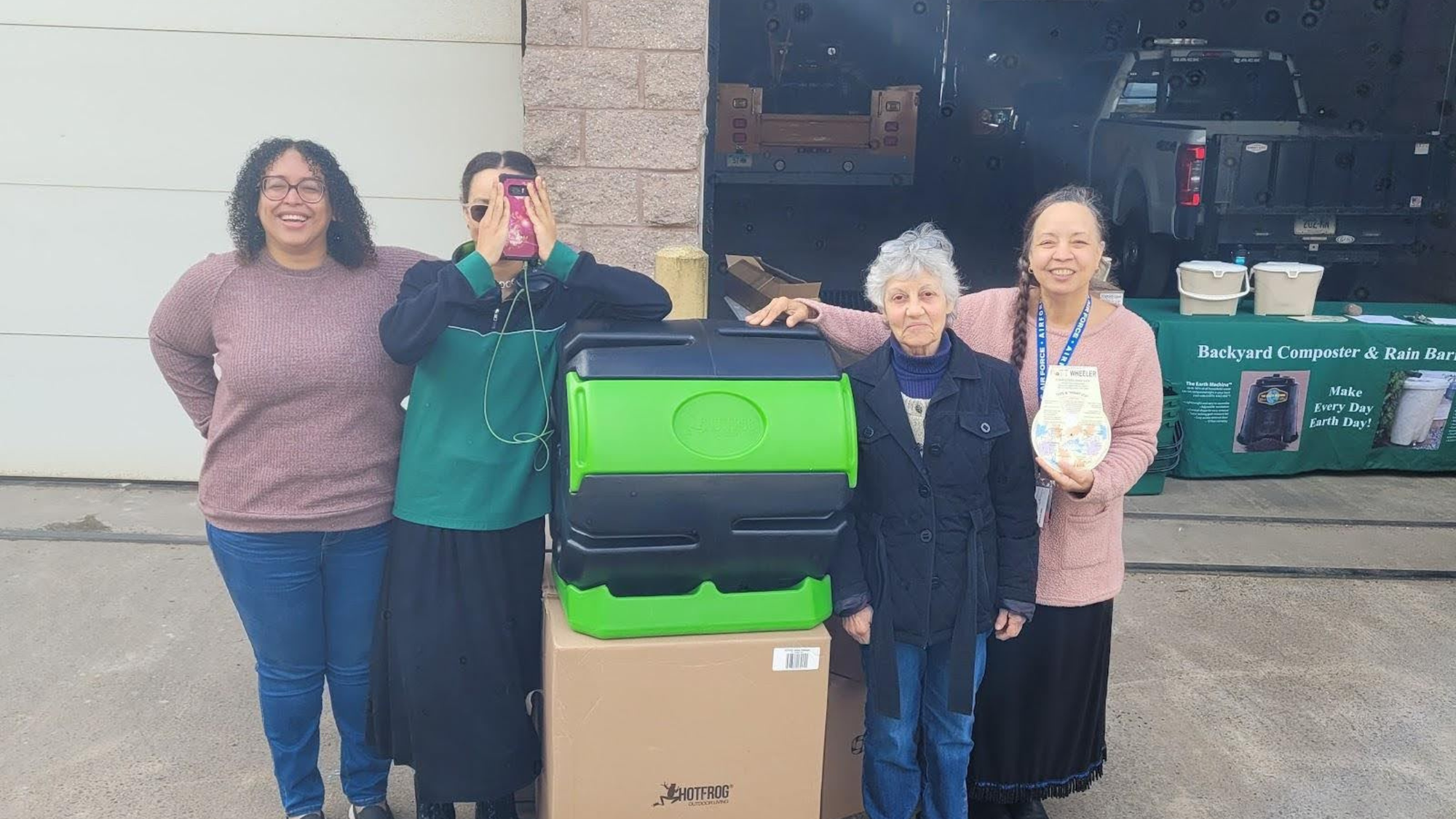
“Never doubt that a small group of thoughtful committed citizens can change the world. Indeed it is the only thing that ever has.” — Margaret Mead
Do you have an idea for creating change in your community? Become a patron in your city by launching your project today at www.Patronicity.com.
